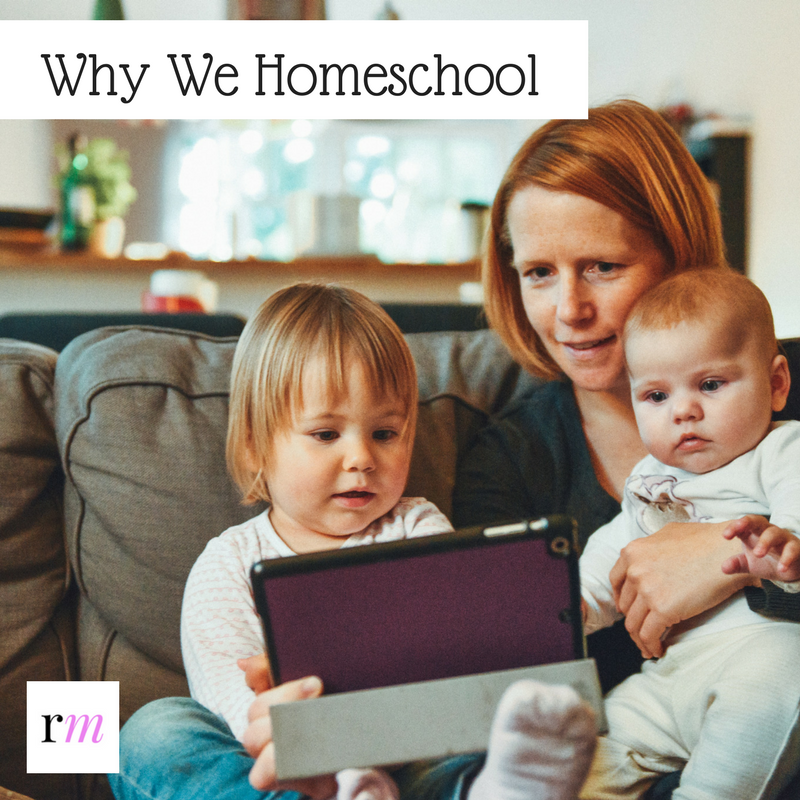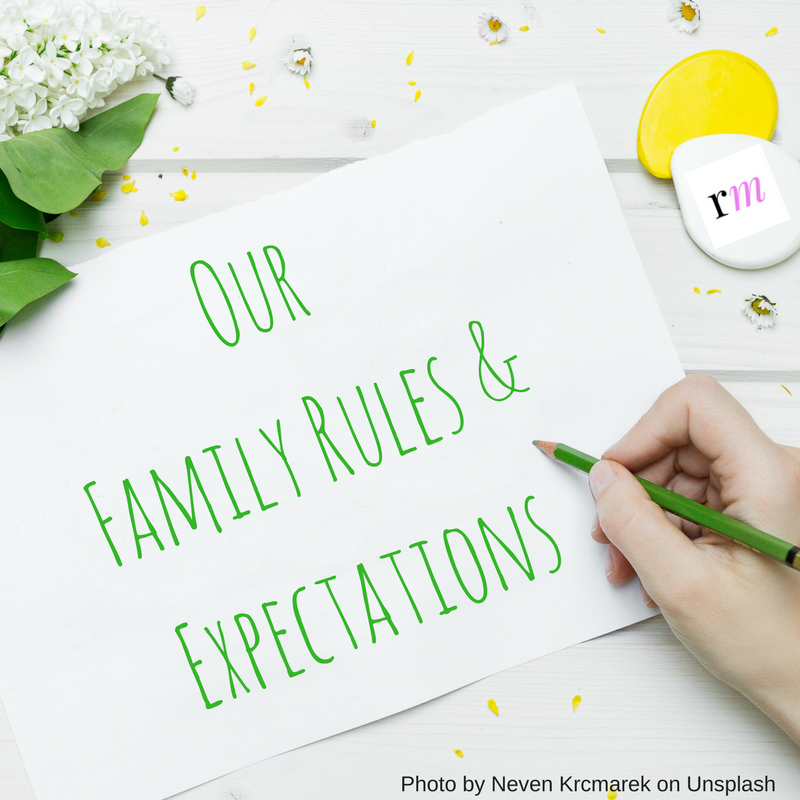
I have it pretty easy when it comes to growing grandparent relationships. My parents live just down the road from us, they’re both active and healthy, and they’re a good influence on my kids. Even so, it’s not always easy to maintain healthy relationships between all of the kids, parents, and grandparents. We’ve had our share of struggles, but the relationships that have developed over the years have been well worth it.
If you have parents and in-laws that you’d like to get more involved in your children’s lives, I’ve got a few ideas to share in this post that have really been life-changing for me and my kids.
Why Do Grandparents Matter?
Because They’re Still Your Parents
Being a wife is hard. Being a mother is hard. One of the first things I realized after getting married and having my first child was that I desperately needed support from someone who knew what I was going through. At that time, I didn’t have a very close relationship with my parents, but I couldn’t think of anyone else to go to when I had a problem. None of my friends were married, there was no YouTube, and I had no idea how to do anything related to taking care of an infant, husband, or household. The biggest reason grandparents are important is that, even as an adult, PARENTS are still important. When we finally become adults and are free to make our own decisions, the first decision we should make is to cultivate a new kind of relationship with our parents.
Because You Can Learn From Their Example (Good or Bad)
As an adult, your parents can become some of your best advisors, friends, and mentors. Their example can become a template for the kind of life you want to lead. Even if your parents haven’t always made the best decisions or aren’t exactly the kind of people you want to be like, you can still use their past (and your own childhood experiences) as a guide. I think about this a lot with my own adult children. I hope that they look back on all of the mistakes their dad and I made (including our divorce) as a roadmap for what NOT to do in their own marriages.
Because Your Kids Need Them
Your kids need good adult role models in their lives. They need people around them who love them and want the best for them. In a world of virtual communication and online relationships, they need as many real life, positive influences as possible, grounding them back in reality. Grandparents are a natural fit for those roles. When you help your kids develop a relationship with their grandparents, you are giving them a huge gift.
Ideally, grandparents fill a different role than parents do. Parents take care of all the children’s basic needs, including discipline, so grandparents can be free to simply love and enjoy them. Grandparents can give kids, as well as parents, a break from the grind of daily life. The best grandparents are able to give both kids and parents alike the feeling that someone is on their side when life at home seems full of chaos and conflict.
Tips for Healthy Grandparent Relationships
At this point, you might be convinced that grandparents are important, but you don’t know how to start. Maybe your relationship with your parents or in-laws is strained. Maybe their lifestyle or parenting style is much different than yours. Whatever the difficulty is, chances are that you can bring your children closer to their grandparents if you’re willing to put in a little bit of work. Here are a few of the do’s and don’ts that have had a big impact in my family:
Let Go of the Past
DO choose to let go of past offenses from your parents or parents-in-law. Forgive them for what they’ve done, or failed to do, that has hurt you or your husband. This doesn’t mean you have to forget about the past, nor does it mean that you should EVER let your children spend time with grandparents who have proven to be abusive or untrustworthy. What it does mean, though, is that all human relationships are imperfect. Don’t prevent a relationship from developing between your parents and your children because of the kind of disappointments, disagreements, and mistakes that are typical for even the healthiest of families.
Develop a Routine
DO develop a routine for spending time together as a whole family: parents, grandparents, and kids. When I was a kid, my dad, sister, and I spent many Saturdays at my grandma’s house. We also had dinner on a regular basis at my stepmom’s parents’ house. Because of that example, my family and I have spent countless Friday nights at my parents’ house, eating pizza and talking about what’s happened over the course of the past week.
DON’T send the kids over alone right away. I think it’s important to develop relationships with the whole family together before sending the kids over to Grandma’s house on their own. If you grow trust, establish rules, and allow everyone to get to know each other first, time alone with Grandma and Grandpa will be much less stressful for everyone involved.
Call or Write When Visits Aren’t Possible
If you don’t live close enough for weekly get-togethers, designate a night of the week for a phone call or FaceTime call with each set of grandparents. When I was younger, my mom’s parents lived across the country from us, but I used to write them letters. What a great way to develop a love for writing – and for my grandparents too, of course. Everyone looks forward to getting personal letters in the mail, so this might be a great idea even if you live nearby.
Keep in mind that establishing a long-distance relationship will probably take longer and be less rewarding. Without physical touch, it can be very hard to develop a relationship with an infant or very young child. Younger kids will have a hard time staying focused on a phone or FaceTime call, and they might get frustrated or confused by the conversation. Just be patient. One way to help kids get to know grandparents who live far away is to talk about them. Tell stories from your childhood. Talk about your mom and dad – what they like to do, how they grew up, what their families were like. This is great even when grandparents have died. My husband’s parents both died long before our kids were born, but they feel as though they know Grandma and Grandpa Schoonover because they’ve heard so many stories about them.
Establish the Rules Up Front
DO make sure you and your kids understand the rules for being at their grandparents’ houses. Some grandparents are okay with noise, messes, and the non-stop guzzling of candy and pop. Some are not. Be respectful of all of the rules of the house, even if they’re not the same as the rules at home. This is also a wonderful opportunity to teach your kids the lost art of good table manners. Imagine the look on your mother-in-law’s face when your 5-year-old son places his napkin in his lap and offers her the first serving of cole slaw. Teaching your children to be a good guest at their grandparents’ house will also lay the groundwork for friendships, courtships, and business relationships in the future.
DO make sure you come to an agreement with the grandparents about how discipline will be handled while the kids are at their house. My suggestion is that while you, the parents, are present, you dish out the discipline. While you’re gone, grandparents should be able to enforce the rules of the house, but punishments should be in line with what you would do at home. If you use time-outs, your parents should try to do the same. If you don’t spank, neither should your parents.
Bring Toys
DO bring something to keep the kids busy if there aren’t many options at Grandma and Grandpa’s house. Toys, books, maybe even an iPad – especially at the beginning, your kids will need something to keep them occupied while the adults talk. Some grandparents will get overwhelmed by the mess (or the potential of a mess), so don’t go overboard.
Don’t Try to Start a Debate
DON’T bring up anything controversial unless you’re prepared to go there. If you feel morally obligated to tell your parents or in-laws that they’re wrong about something, I guess you have to do it. Otherwise, steer clear of topics that tend to lead to arguments. This time together is about building relationships, not about religious or political conversion or rehashing old grievances.
Don’t Complain
DON’T ask for advice unless you truly want to hear it. If you complain about something, be ready for everyone to chime in with their opinions and advice. Parents want to try to solve their children’s problems. Even their adult children’s problems. Sometimes, that’s very helpful. Other times, not so much. Don’t bring it up unless you want to hear what everyone else thinks you should be doing about it.
Know When to Leave
DON’T stay too long at the grandparents’ house, and be careful of asking them to babysit. They don’t have as much energy or as much experience with your kids as you do. What might not seem like a big deal to you could very well be exhausting for them. Try to host get-togethers at your house, or at another location, if that seems to be easier for everyone, and establish a standard ending time for your visits. If you do ask grandparents to babysit, never, ever, be late to pick up the kids.
Clean Up Your Mess
DO clean up after yourselves and make sure that your children do the same. Wash the dishes, sweep the floor, fold the blankets, and pack up the toys. Leave everything cleaner than it was when you got there.
Debrief When You Get Home
After your time together is over, talk to your husband and kids about what went well and what you can do better next time. You might even want to talk to your parents to get feedback from them. Make sure everyone is on the same page as far as what is expected during your time together.
Don’t Expect Perfection
Don’t be discouraged if your time together is strained. It’s going to take a while – months, probably – to get used to all of the rules, routines, and personalities involved. You’re all going to make mistakes and offend each other. Remember that it isn’t really about you; it’s about your kids and their grandparents.
Do you have any advice – or funny stories – to share about growing grandparent relationships? Let us know in the comments!


